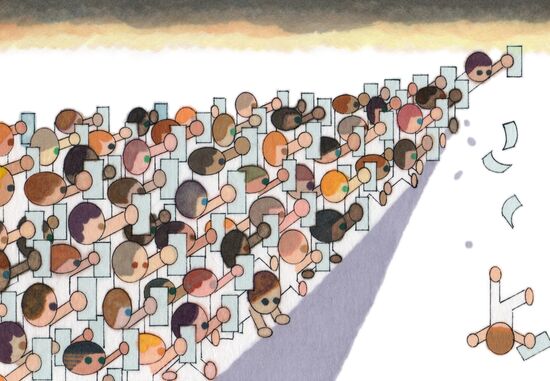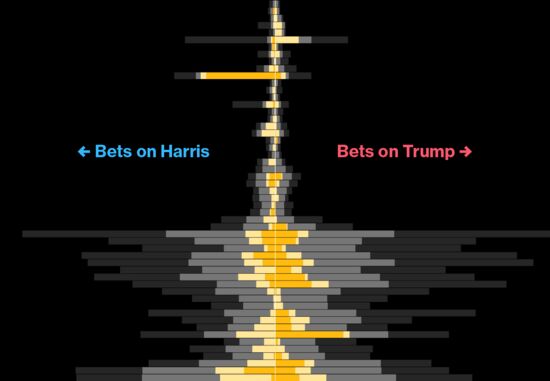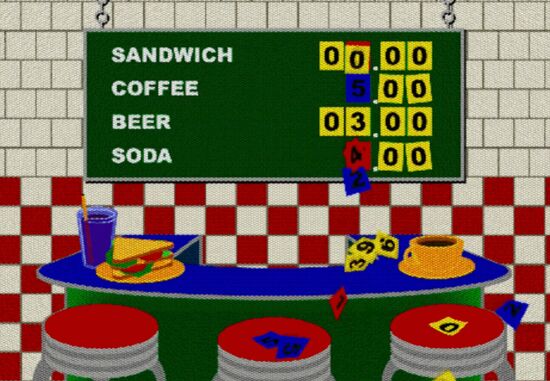| What we're reading: Public Net Worth. Ian Ball, a former New Zealand Treasury official, is on a mission to export his country's experience of adopting accrual-based accounting to reduce public debt. What we're repeating: "To achieve satisfactory investment results is easier than people realize; to achieve superior results is harder than it looks." So says Benjamin Graham in The Intelligent Investor, which turns 75 this month. What we're wondering: Is China a developing country? The question looms over next month's UN climate conference, and the answer matters. If China is "developed," it would have to pay more for climate action in developing nations. What we're telling our bickering kids: I'm not taking sides! Neither are the 100 countries now embracing political neutrality amid a shifting geopolitical landscape that is remaking the pathways of global trade. What we're buying: the Tank, a $325 baseball bat that got high marks on Baseball Bat Bros. The MrBeast-meets-Consumer-Reports YouTube channel has become a force in the billion-dollar market for baseball gear. | 













No comments:
Post a Comment